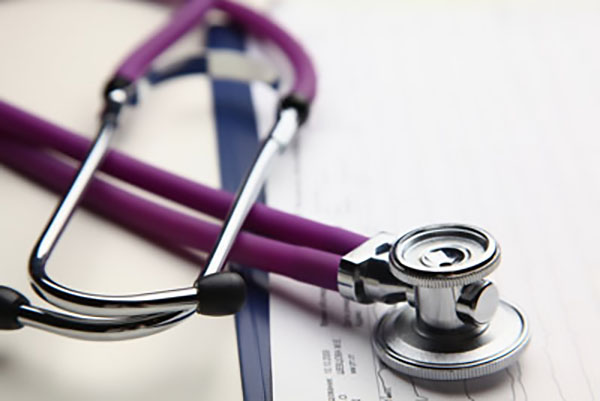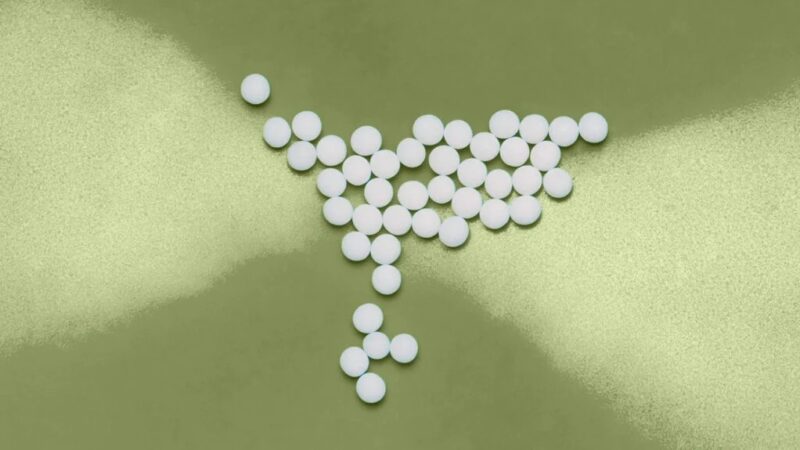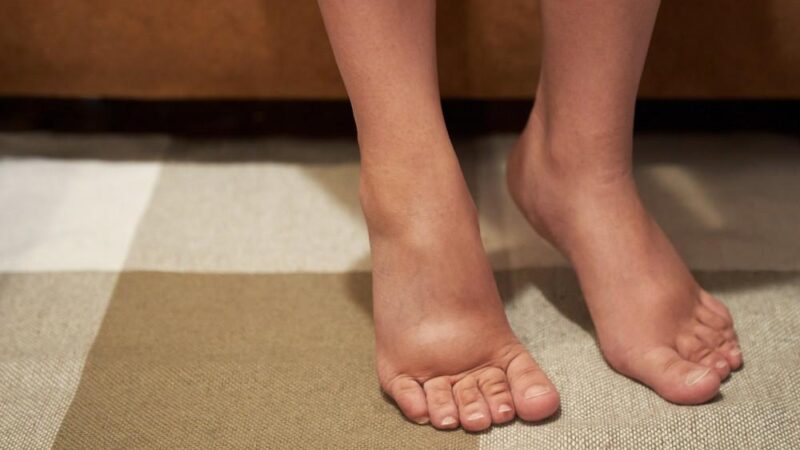What Are the Rules for DOT Reasonable Suspicion Drug Testing?

There are many types of DOT drug tests, and some have more obvious regulations than others. Pre-employment testing happens before starting a new job. Post-accident testing occurs after an accident. But what about reasonable suspicion drug testing? How does the Department of Transportation define “reasonable suspicion,” and when might you be subject to such a drug test? Let’s discuss the DOT’s rules for reasonable suspicion drug tests.
What Is Considered “Reasonable Suspicion”?
Reasonable suspicion drug and alcohol tests may only be administered when a trained supervisor observes specific behaviors or odors that indicate use. A reasonable suspicion test may not be administered if the supervisor hears reports of these behaviors. He or she must witness it directly.
In the case of a reasonable suspicion alcohol test, the Department of Transportation says, “A reasonable suspicion test may only be conducted when a trained supervisor has observed specific, contemporaneous, articulable appearance, speech, body odor, or behavior indicators of alcohol use.”
For reasonable suspicion drug testing, the timeframe for observation is a little wider. Supervisors must look for indicators of current controlled substance use, as well as withdrawal symptoms. “Because controlled substances remain present in the body for a relatively long period, withdrawal effects may indicate that the driver has used drugs in violation of the regulations, and therefore must be given a reasonable suspicion drug test.”
Supervisors are required to keep detailed records of their observations to support their testing decision. This ensures that employees are protected from targeted drug testing practices, as outlined by §382.307.
Is Reasonable Suspicion Drug Testing the Same as Post-Accident Testing?
Post-accident testing is required whether an employee exhibit a symptom or not. There is no “reasonable suspicion” in this case. Following an accident during work hours, an employee must immediately report for drug and alcohol testing.
Is Reasonable Suspicion Testing the Same as Random Drug Testing?
No, reasonable suspicion drug testing is not the same as random testing. The DOT requires random drug tests to truly be random. For many agencies, employees will be put in groups, and a random name will be selected from each group in a specified timeframe. This means you could be subject to a random drug test after a reasonable suspicion drug test, or vice versa.
What If Someone Tells My Supervisor They Think I’m under the Influence?
If someone alerts your supervisor of suspicious behavior, he or she will have to observe this behavior in person before deciding to administer a reasonable suspicion drug test. The supervisor cannot make this decision based on a third party’s interpretation. Once the supervisor makes that determination, he or she cannot be the person to administer the drug or alcohol test. This step is also designed to prevent employees from being falsely targeted.
Can I Refuse a Reasonable Suspicion Drug Test?
Refusing a DOT drug test is considered a failure, which means you will be pulled from safety-sensitive job duties and could lose your job altogether. You may contest the drug test afterward, but we recommend complying for the initial request. This will save you a great deal of time in the long run.
What Happens If I Fail a Reasonable Suspicion Drug Test?
If you fail a reasonable suspicion drug test or any other DOT drug test, you will have to complete a SAP program to return to work. This is guided by a Substance Abuse Professional (SAP) who will outline the classes, counseling, or treatment you must complete before returning to work. The SAP is a neutral third-party not influenced by bias for the employee or employer. Complete the SAP program, take a Return-to-Duty drug test, and you can be cleared to resume work.
American Substance Abuse Professionals offers case management services and maintains a list of SAPs offering SAP and SAE services in over 5000 locations in all 50 states and Puerto Rico.







